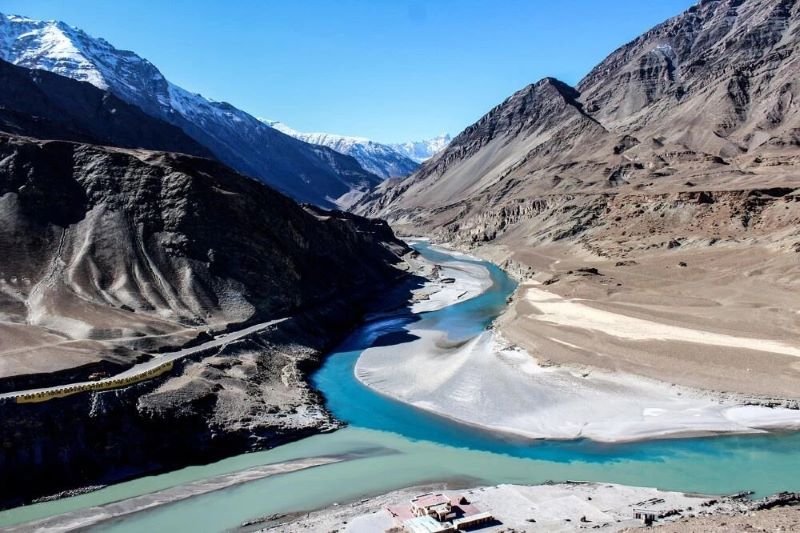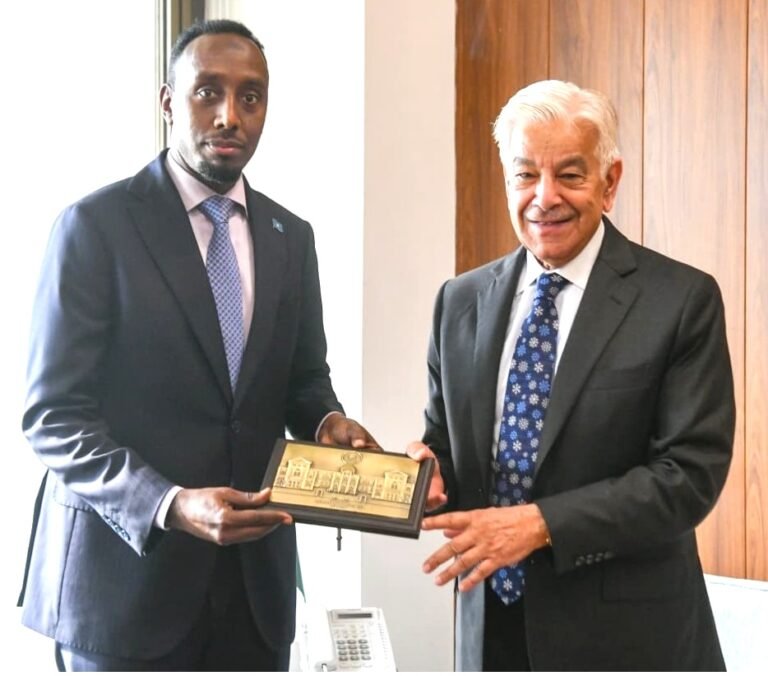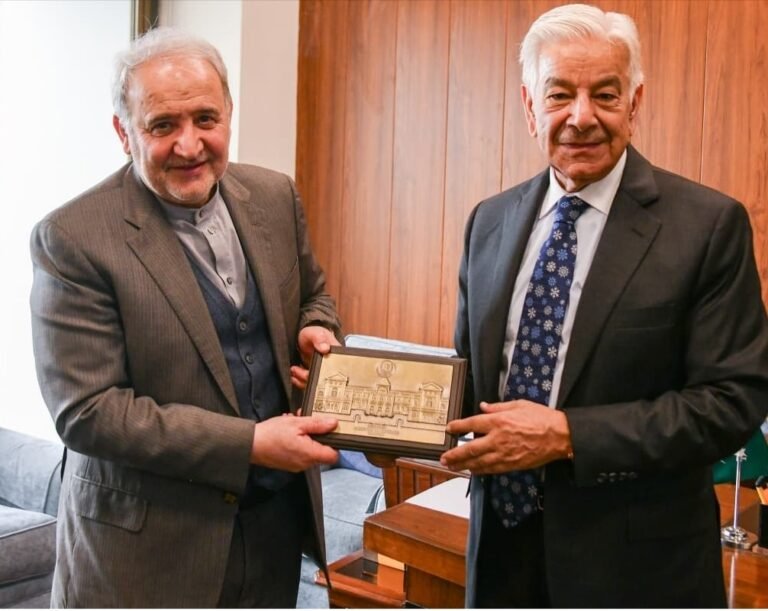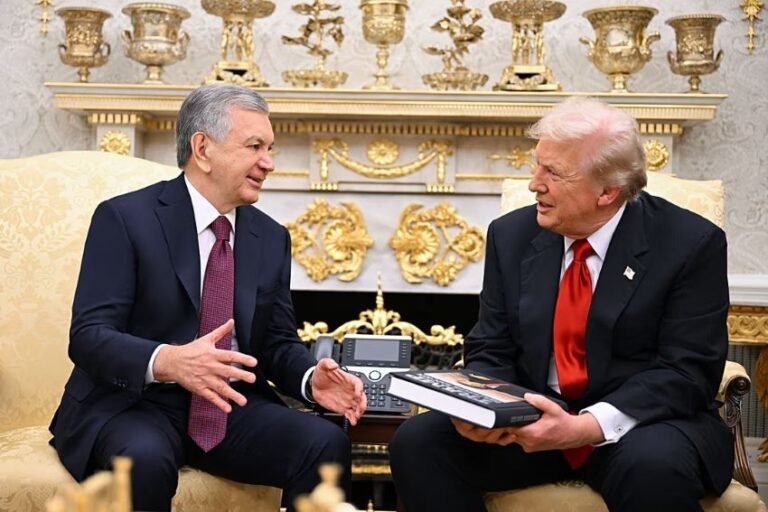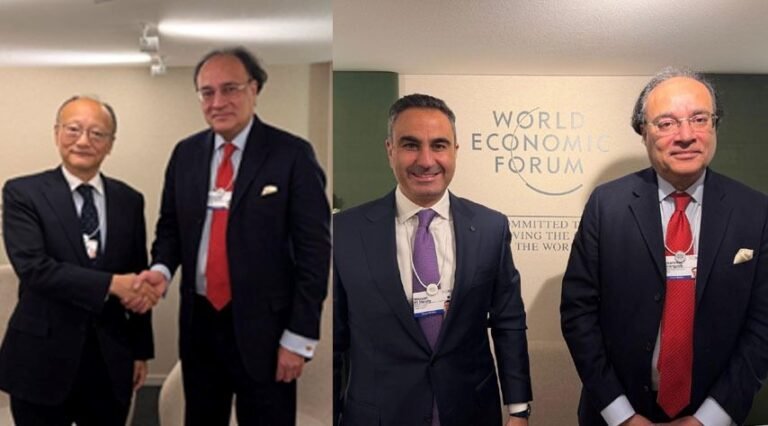The Hague (TDI): In a major legal boost for Pakistan, the Permanent Court of Arbitration (PCA) in The Hague has rejected India’s unilateral attempt to suspend the Indus Waters Treaty (IWT), ruling that such a move has no effect on the court’s ability to hear the case.
The court emphasized that once arbitration proceedings are underway, one party cannot disrupt or halt the process by withdrawing or declaring the treaty suspended. The verdict was issued in response to Pakistan’s request to resolve objections related to India’s construction of the Kishanganga and Ratle hydroelectric plants on rivers that flow into Pakistan.
The Permanent Court of Arbitration made it clear that India’s attempt to frame its move as a “suspension” or placing the treaty “in abeyance” carries no legal weight and does not affect the arbitration already underway. The court stressed that such international agreements, including the Indus Waters Treaty, cannot be put on hold or modified by just one party.
Central to the court’s decision was Article XII(4) of the treaty, which states that the agreement remains valid unless both countries agree to terminate it together. This provision, the court said, prevents either side from stepping away from its responsibilities on its own.
Read More: The Geopolitics of the Indus Waters System
The court also clarified that its ruling applies to the neutral expert appointed in a separate process launched by India. Back in 2016, the World Bank, which has a procedural role under the treaty, had paused both the arbitration and expert appointment. That pause ended in 2022, and both channels have since resumed.
India’s attempt to pull out of the arbitration was turned down by the court, which stressed that legal proceedings, once underway, can’t simply be abandoned by one side. The tribunal pointed out that its authority remains intact regardless of such moves. This stance reflects long-standing legal practice meant to preserve the strength and reliability of international treaties and the systems created to resolve conflicts fairly.
The court’s decision, delivered unanimously, was seen in Islamabad as a validation of Pakistan’s position. New Delhi, on the other hand, rejected the ruling.
Read More: India Begins Hydro Projects After Suspending Indus Waters Treaty
Pakistan had first approached the court in 2016 to address concerns over the design of Indian-run projects on the Jhelum and Chenab rivers. India, in parallel, asked the World Bank to appoint a technical expert. The current ruling clarified that the court’s authority remains intact and cannot be nullified by later decisions or positions taken by either country.
In sum, the judgment underscores that the Indus Waters Treaty remains binding, and its dispute resolution system must be upheld. It signals that one party cannot walk away from treaty obligations without the other’s consent.
Farkhund Yousafzai is an Associate Editor at The Diplomatic Insight.
- Farkhund Yousafzai
- Farkhund Yousafzai
- Farkhund Yousafzai
- Farkhund Yousafzai

